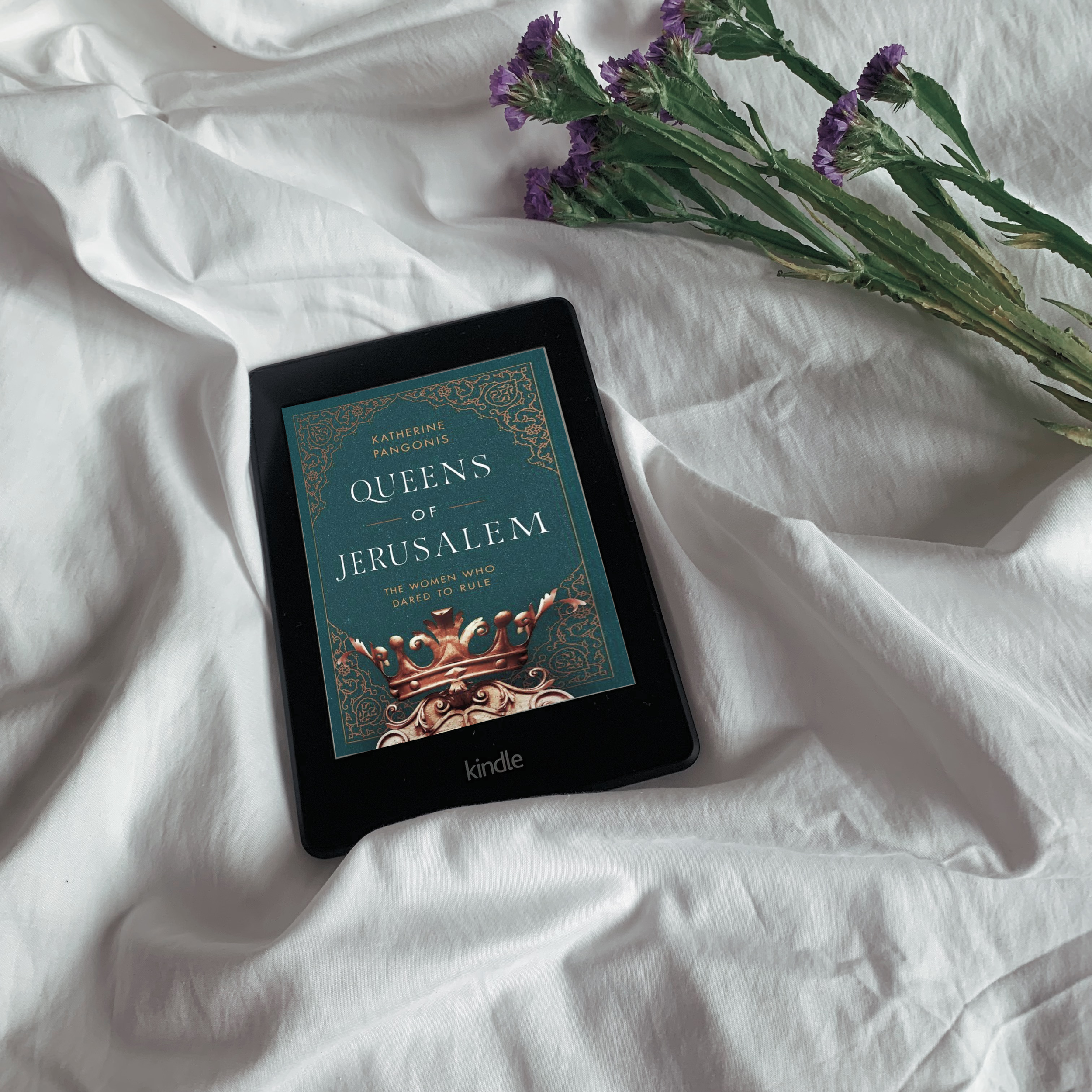Wow! What a month — it has absolutely flown by and I can see my year only getting more busy! I am so thrilled that Melbourne has come alive again (and honestly, so have I). There is this buzz of excitement constantly around and it has been so infectious. I haven’t posted much on my blog this month, but I am far more active over on my Instagram so be sure to check that out if you’re after more frequent posting!
I started this month off on a little getaway to one of my favourite places in Victoria, and it was genuinely the best way I could have possibly started this month. I have been so busy since returning home — my weeks have been filled with work and brunches and dinners and little adventures with friends. We have truly been making up for all that lost time. I also started tennis lessons on a whim. I’m three lessons in and I’m thoroughly enjoying it (although I haven’t quite figured out how to aim yet!) So with all that being said, I guess it isn’t surprising that I didn’t get quite as much read this month as I did last!
In February I finished listening to The Folk of the Air series with The Queen of Nothing and How The King of Elfhame Learned to Hate Stories. This entire series ended up being a solid ☆☆☆.5 — I definitely enjoyed listening to them and I was certainly invested in the story but I didn’t love them. They were the perfect books to listen to though, not only was the narrator great but I think they were perfectly suited for listening rather than the physical books. I have a feeling I may not have enjoyed them as much as I did if I read the physical book — I honestly don’t know. Maybe one day I will give them another go reading the physical. Overall I was entertained with the story and the characters, although I don’t love Jude all that much and I only like Cardan more now that I’ve read the novella from his point of view. I can’t really say much at all without ruining it, but overall it’s an easy series to read, the world is rich and well developed and its an entertaining story.
Other than the two audiobooks I finished this month, I also read Queens of Jerusalem: The Women Who Dared to Rule by Medievalist Katherine Pangonis (** I was gifted the PDF of this book, but I have since gone out and purchased it myself). This book was such a brilliant read! Not only was it written in a really accessible way, but it was also incredibly enjoyable. Queens of Jerusalem focusses on the lives of the royal women who ruled in the Medieval Middle East (or Outremer) from 1099 to Saladin’s conquest of Jerusalem in 1187. These women have been consistently overshadowed by the kings and leaders of the crusades, and this book strives to change that. The women Pangonis writes of in this book are simply remarkable, what they achieve during their lives and how they work the system of Outremer politics is fascinating. A most interesting discussion that is carried through the book is the difference between having power and having authority and it made me reflect on other women in history and the balance of authority and power that they juggled with. This book will make you rethink the way modern readers and scholars approach ancient, medieval and renaissance women, and it fills the women shaped gap in Crusader history.
I still haven’t finished Assassin’s Quest by Robin Hobb, but I’ll just keep going with it until I do. I am also currently in the midst of reading River Kings by Cat Jarman and The Ancient Greek Hero in 24 Hours by Gregory Nagy. I am also re-reading House of Earth and Blood by Sarah J Maas because it has been about a year and a half since I first read it, and I remember nothing from it. I am also listening to Graceling by Kristin Cashore with I am really enjoying - plus the narrator is fantastic! Ideally in March (my birthday month, yay ✨) I will finish River Kings, Graceling and House of Earth and Blood but my new job is very reading-heavy so I have a feeling my recreational reading will drop a bit… but we shall see!
I would love to hear all about the books you read in February, so either let me know what you read and if you loved it in the comments below, or come find me over on Instagram ✨




